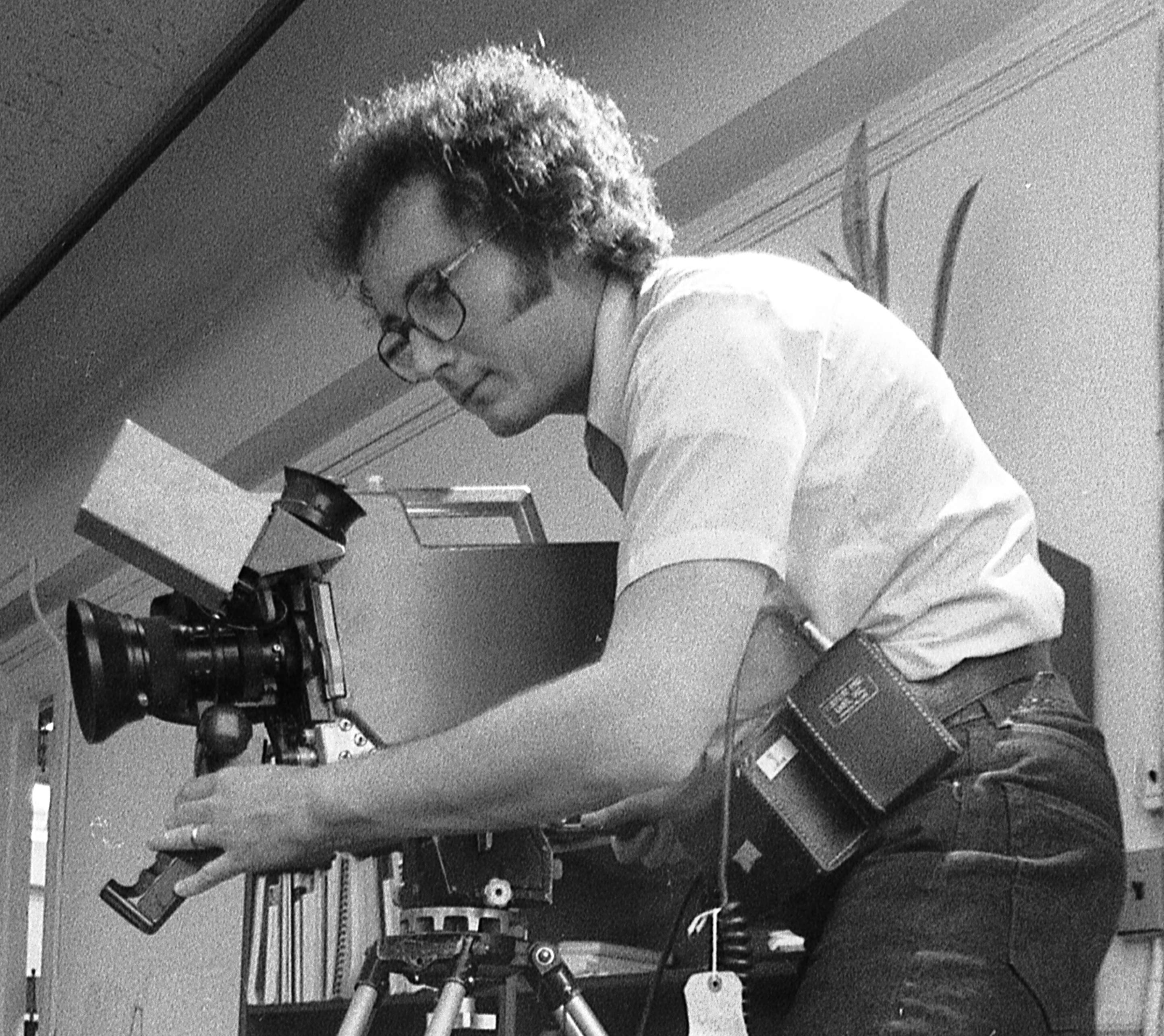Media Giants Fighting Martin’s Cable-Access Plan
A group of the nation’s largest media companies urged the FCC last week to stop Chairman Kevin Martin’s plan to reform the dispute resolution process between subscription video providers and independent programmers.
Martin had scheduled the suite of changes, including a 180-day “shot clock” for the FCC to address complaints from programmers, for the commission’s Dec. 18 meeting.
But key Congressional leaders urged him to narrow his focus to the DTV transition. And Dec. 10, representatives of Viacom, CBS News Corp., DirecTV, Disney, Comcast and the Motion Picture Association of America met with Commissioner Deborah Taylor Tate, and with aides to Commissioners Michael Copps and Robert McDowell, to oppose Martin’s plan.
“No changes to the current video distribution business model are needed at this time and ... government intervention in private contractual negotiations would adversely impact consumers,” the industry reps said in a filing about the meetings.
Late Friday (Dec. 12) Martin canceled the entire Dec. 18 commission meeting, saying commissioners might approve some of the items without a meeting. But the pressure to focus on DTV, and the commissioners' lack of enthusiasm to help Martin with his pet issues, could table non-DTV issues until the new administration takes over.
The National Cable and Telecommunications Association has said Martin's proposed rules would give programmers a way to push their way into cable using the complaint process. Martin had pitched the plan as a move toward more independent programming and against rising cable rates.
Supporters of the Martin plan were also at the FCC last week. Representatives of WealthTV (an independent channel based in San Diego), the National Association of Independent Networks, the Hispanic Information and Telecommunications Network, Free Press, the Media Access Project and the American Cable Association (representing small cable operators) met with Copps Dec. 10, and most of that group also met with Tate and McDowell.
The next day, in an e-mail to Copps, WealthTV Co-founder and CEO Robert Herring Sr. reported hearing from the channel’s lawyer that Copps had expressed his support for the plan, only to withdraw it “to concentrate on something not so controversial.”
“In know that the analog to digital conversion process is very important to you, but the time to pass the minimal reform necessary for the survival of Independent [sic] voices would not deter you from actions you feel you must take in that area,” Herring wrote in the e-mail. “The President-elect stated that a leader should be able to handle more than one thing at a time.”
The professional video industry's #1 source for news, trends and product and tech information. Sign up below.
